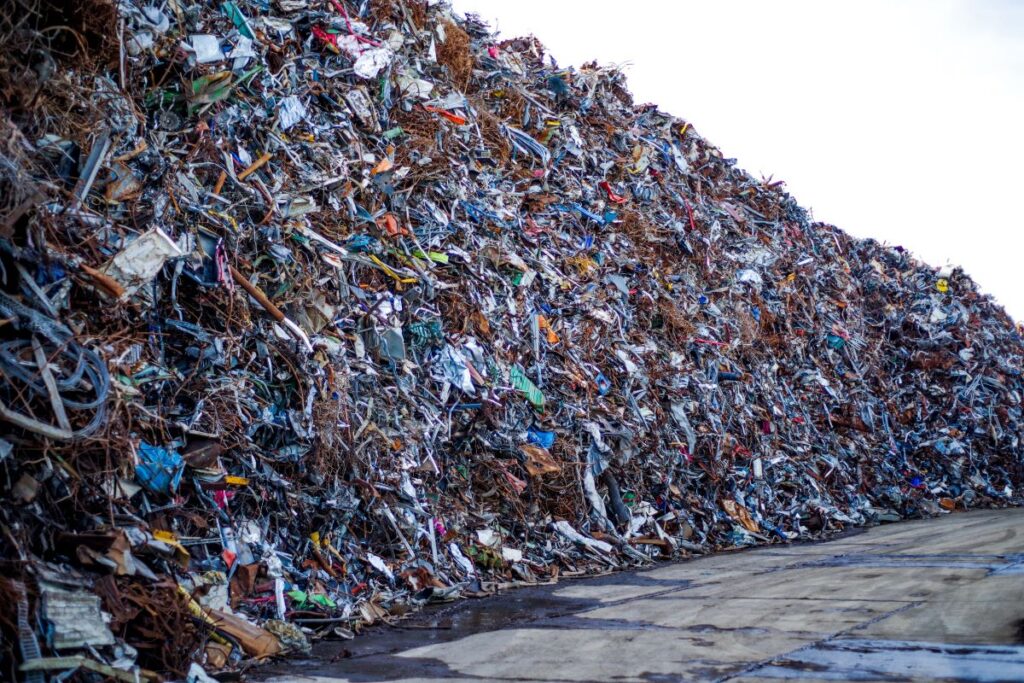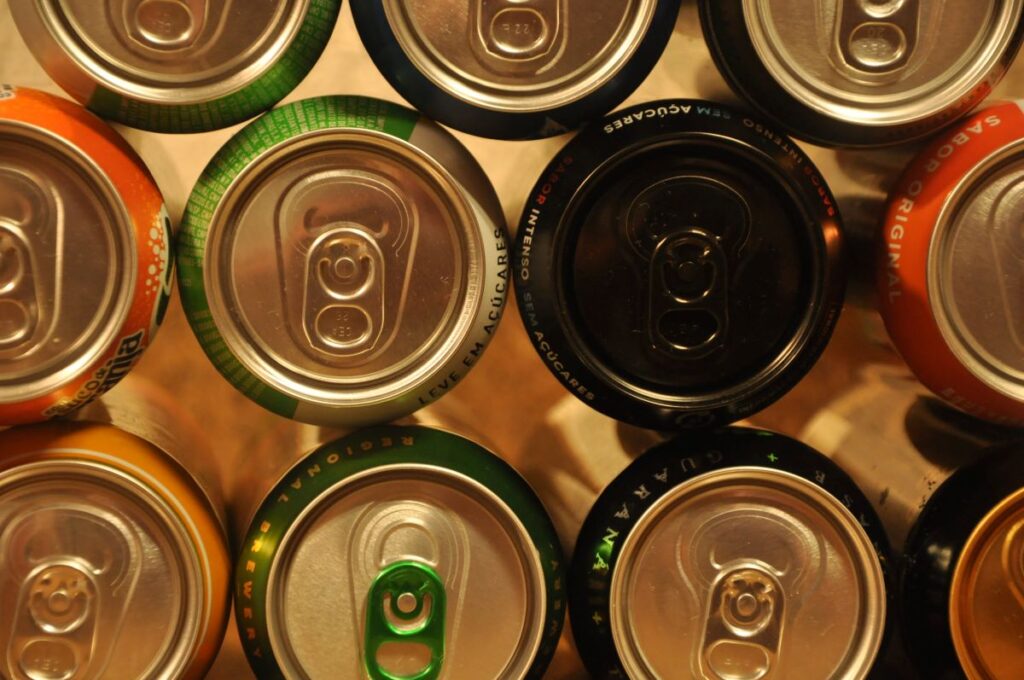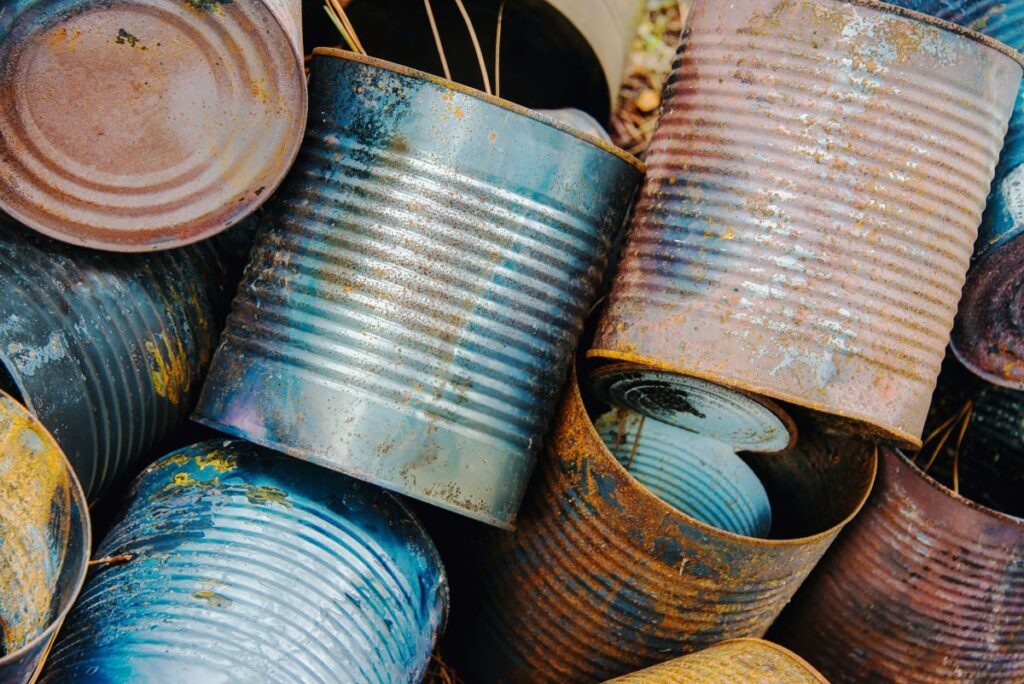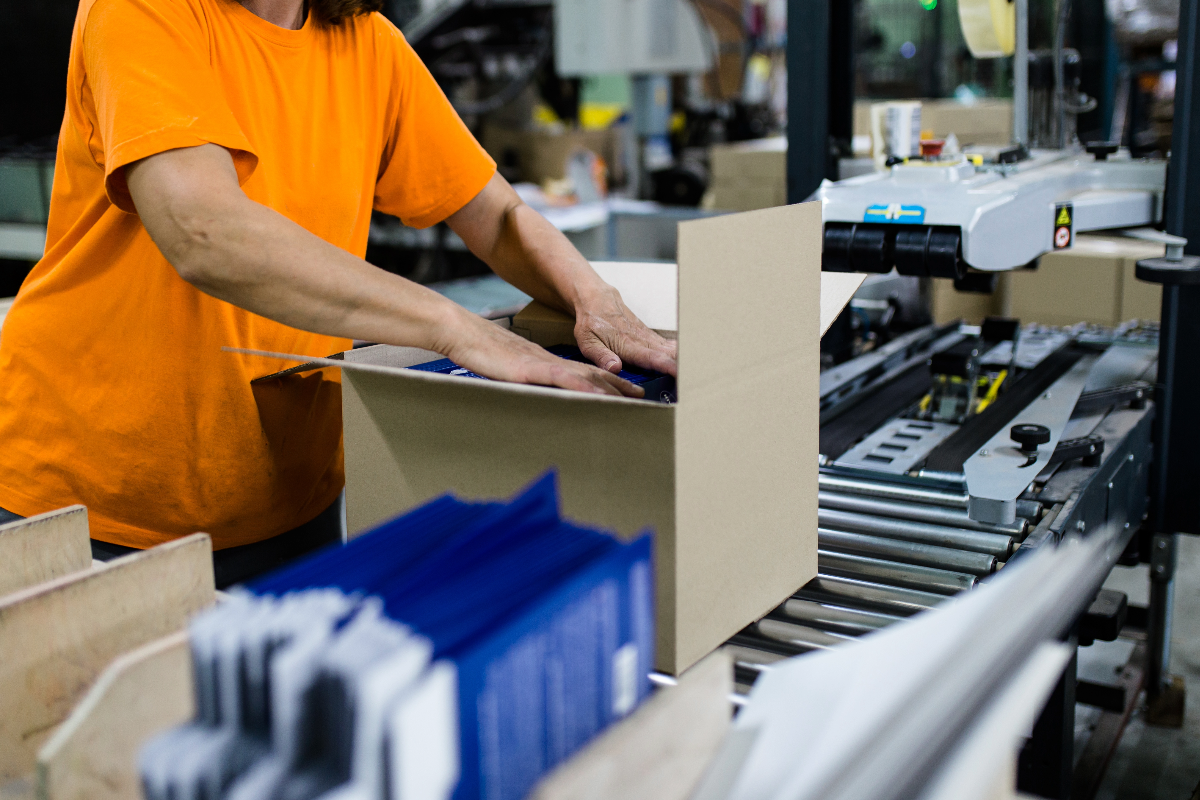BLOG
Scrap metal: How can you recycle it and maximise income?

Nearly all metals can be recycled into new products with an endless lifecycle. Around 70% of all the steel to date is still in use. Recycling your scrap metal can be great for the environment as well as your pocket. If done properly, you could open a whole new revenue stream too.
What’s included in scrap metal?
Scrap metal refers to any metal product that you can no longer use or anything broken that is made mostly or completely from metals. These materials need to be made from at least 50% metal for them to be recycled. Anything from aluminium cans to household appliances, such as fridges, can be recycled as part of your scrap metal collection.
What are the different types of metals?
Scrap metal usually falls under the umbrella of one of two categories, ferrous and non-ferrous metals:
- Ferrous metals: These are metals that combine iron and carbon to form a material. For example, alloy steel, carbon steel, cast iron and wrought iron. This usually includes household appliances, such as fridges or microwaves, that you may have lying around in your business.
- Non-ferrous metals: These include aluminium, copper, lead, tin, and zinc. Most of the common precious metals are also classed as non-ferrous. For example, gold, iridium, palladium, platinum, and silver. This type of metal is usually found in electrically wired products, for example, old Christmas lights.
There are some metals that can’t be recycled. This includes radioactive metals, such as uranium and plutonium. Metals that have been contaminated with harmful toxins cannot be recycled.


How is scrap metal recycled?
Recycling your scrap metal is easy. Once it has been collected, it goes through different stages so that it can be reused all over again.
The first stage is sorting. Once collected, the scrap metal will be sorted at a Waste Transfer Station to decide whether or not it can be recycled. Any metal that can’t be recycled is separated to make the recycling process easier. The different metal types will also be identified in this stage with each type being separated.
Metals are then shredded. The smaller the pieces of metal are, the easier they are to melt down. The reduced surface area volume also consumes less energy in the next stage of the process, which is melting. This is when large furnaces for each type of metal are used to melt the metal.
The melted metals are then purified to make sure that the final product is of a high quality and free from any contaminant. Most companies will use electrolysis to do this. Once the metal has been purified it’s then solidified. For this to happen, molten metal is transported along conveyor belts to allow it to cool down, causing it to solidify. This hardened product is then used to create brand new metal products. These products can then be used again and again, continuing the lifecycle.
What are the benefits of recycling your scrap metal?
Recycling metals is a great way to help protect the environment. By recycling your scrap metal, you can reduce greenhouse gas emissions as melting and solidifying used metals uses less energy than making metals from scratch. This means that less greenhouse gas emissions are produced during the process. Recycling your scrap metal also reduces the amount of waste going to landfill whilst preventing wildlife’s habitats from being destroyed from mining new metal materials.
Alongside the positive environmental impact metal recycling has, this is also a great way to generate an additional revenue. There are many ways to do this with scrap metal. Skips, ROROs and even flatbed trailers are great to manage your scrap. We’ll organise for your scrap metal to be recovered, this will then be graded and weighed in. A rebate value will then be added based on the metal/metals that are in the load, this is usually worked out per tonne.
To make sure you’re getting the most out of your scrap metal recycling, separate any metal from plastic parts to get the most out of your collection. It’s also best to ensure you’re using a licenced waste carrier so you can have the peace of mind that your waste is being disposed correctly.
Contact us
Need help getting rid of your business’ scrap metal and want to make a bit of extra income at the same time? Get in touch today to find out more about our leading scrap metal recycling service.




